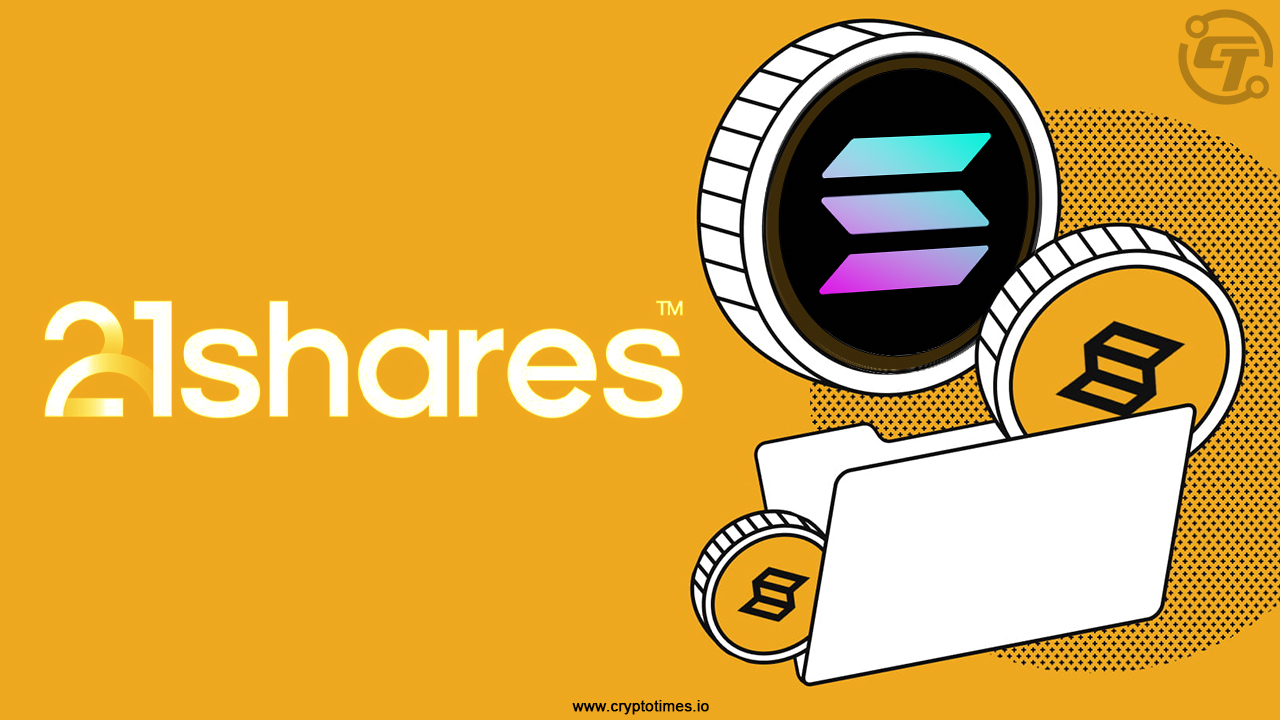OpenSea, a prominent nonfungible token (NFT) marketplace, is discontinuing its Operator Filter, an on-chain royalty enforcement tool. This tool enabled creators to blacklist NFT platforms that didn’t enforce royalty payments. OpenSea’s CEO, Devin Finzer, announced the change in an August 17 statement, with the implementation scheduled for August 31.
The Operator Filter was introduced in November 2022 as a seemingly straightforward code snippet to limit NFT sales exclusively to marketplaces that upheld creator fees. Unfortunately, it didn’t achieve the anticipated success. Finzer cited inadequate support from the NFT ecosystem as a primary reason for this outcome.
Despite its intentions, the Operator Filter was bypassed by certain NFT platforms such as Blur, Dew, and LooksRare. They integrated the Seaport Protocol, sidestepping OpenSea’s blacklist and evading creator fees.
Opensea resistance from creators
OpenSea also faced resistance from creators who perceived the Operator Filter as infringing upon their control over the platforms on which their collections were sold. According to Finzer, creators expressed concerns that the tool compromised the decentralized ownership aspect of NFTs. He acknowledged the tension between enabling creator fees and preserving the principles of ownership.
Finzer emphasized that while creator fees were advantageous for specific business models, they constituted only one facet of creators’ potential revenue streams. He underscored the broader range of applications for NFT technology that need consideration, particularly regarding digital and physical redemption.
Commencing from August 31, the Operator Filter will cease to block any marketplaces. Nevertheless, collections utilizing the tool, as well as existing collections on non-Ethereum blockchains, will enforce the creator’s chosen fees until February 29, 2024. Finzer clarified that the removal of the Operator Filter didn’t signify the elimination of creator fees; it merely marked the end of an ineffective, one-sided enforcement approach.
The decision by OpenSea has drawn mixed reactions from the NFT community. Some view it as a potential setback for NFT artists seeking passive income. Certain community members expressed disappointment, suggesting that collectors should prioritize supporting NFT creators on platforms that enforce royalty obligations.
However, there are dissenting opinions as well. An avatar artist on Reddit believed that OpenSea’s decision might have been justified. They argued that the business model was perhaps profiting excessively from speculative trading, and discontinuing the Operator Filter could be a step towards rectifying this.





